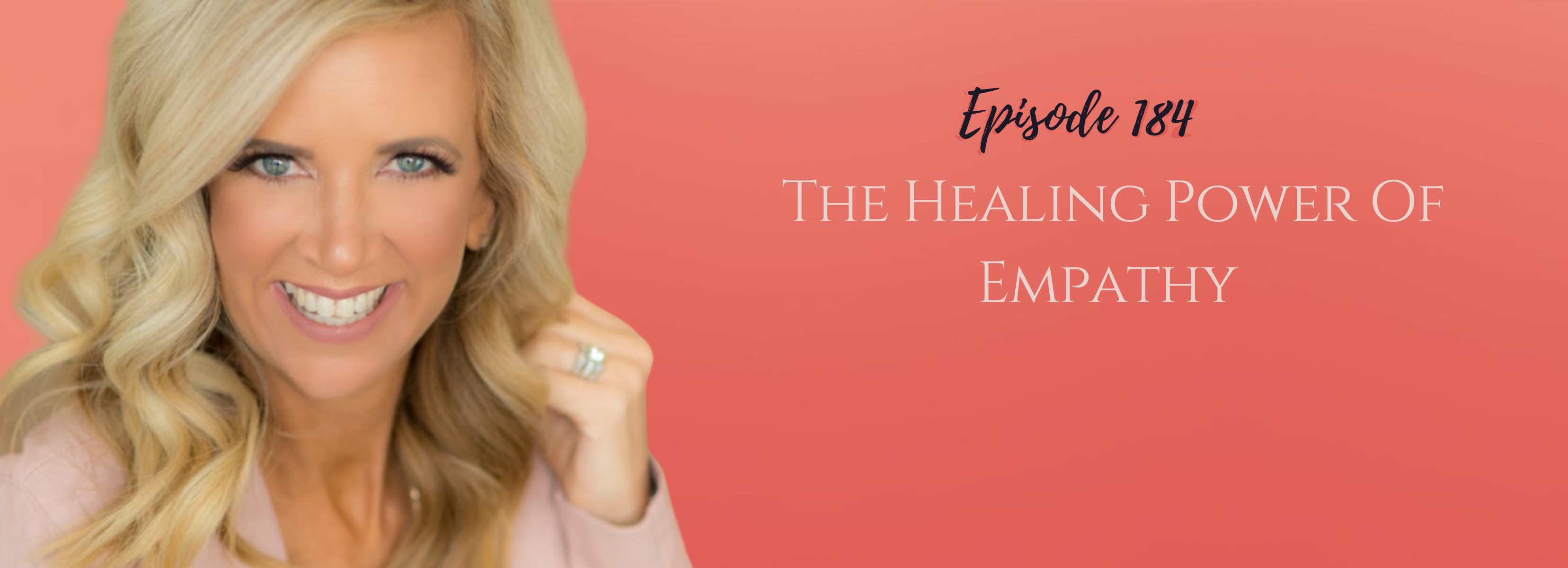
The healing power of empathy| 10.26.2022
In this episode, Kristen talks about how to cultivate compassion and empathy and why empathy is essential in healing.
You'll Learn
- What empathy really means
- What are the ways we can offer empathy to ourselves and others
- Why boundaries are so important when offering empathy
Resources
For counseling services near Indianapolis, IN, visit www.pathwaystohealingcounseling.com.
Subscribe and Get a free 5-day journal at www.kristendboice.com/freeresources to begin closing the chapter on what doesn’t serve you and open the door to the real you.
Subscribe to the Close the Chapter YouTube Channel
This information is being provided to you for educational and informational purposes only. It is being provided to you to educate you about ideas on stress management and as a self-help tool for your own use. It is not psychotherapy/counseling in any form.
[fusebox_transcript]